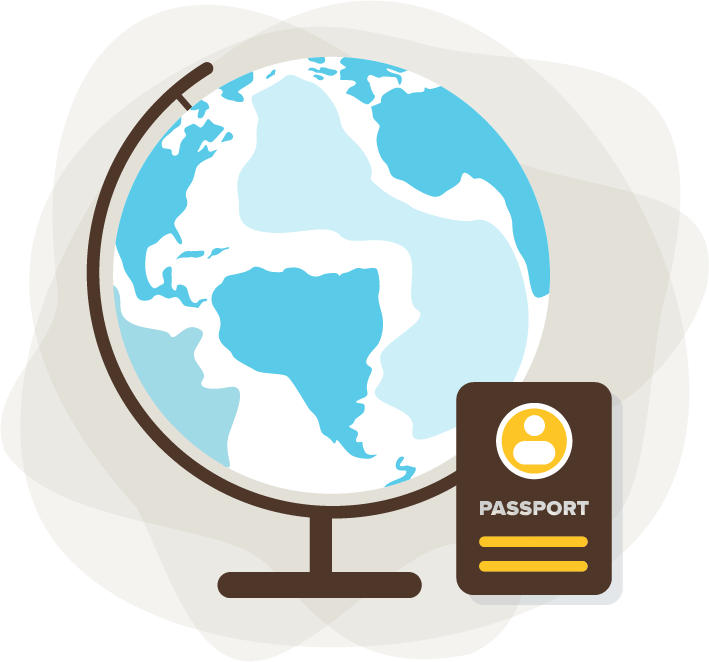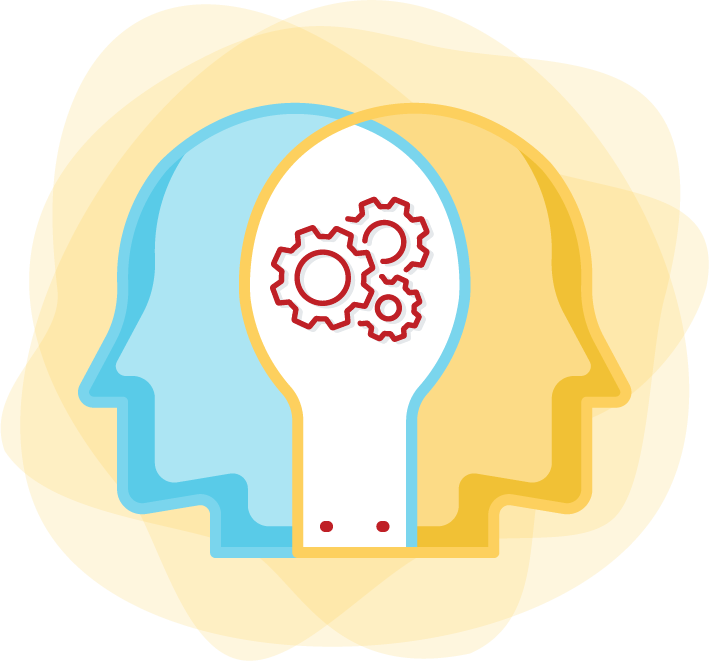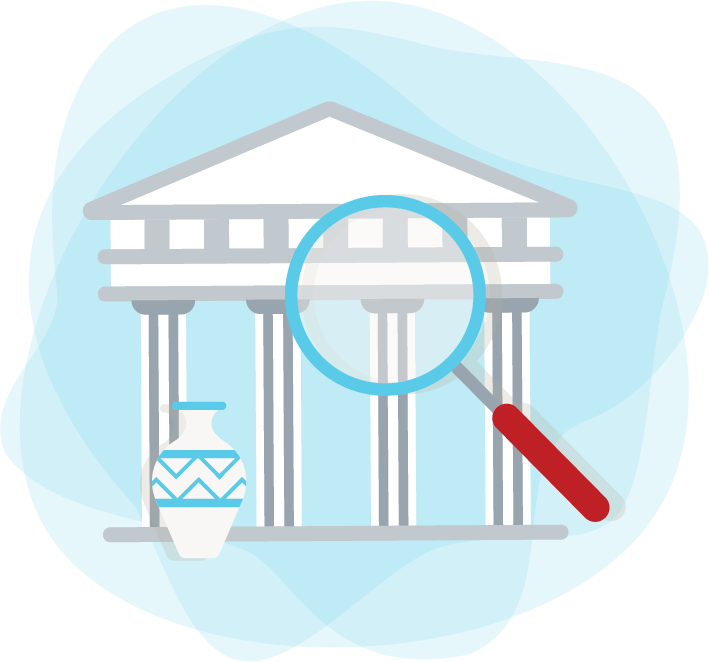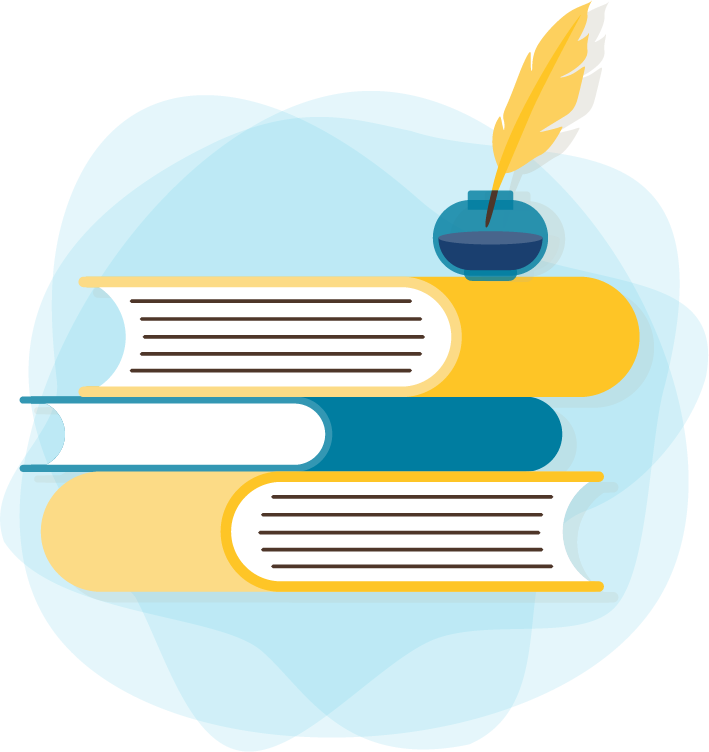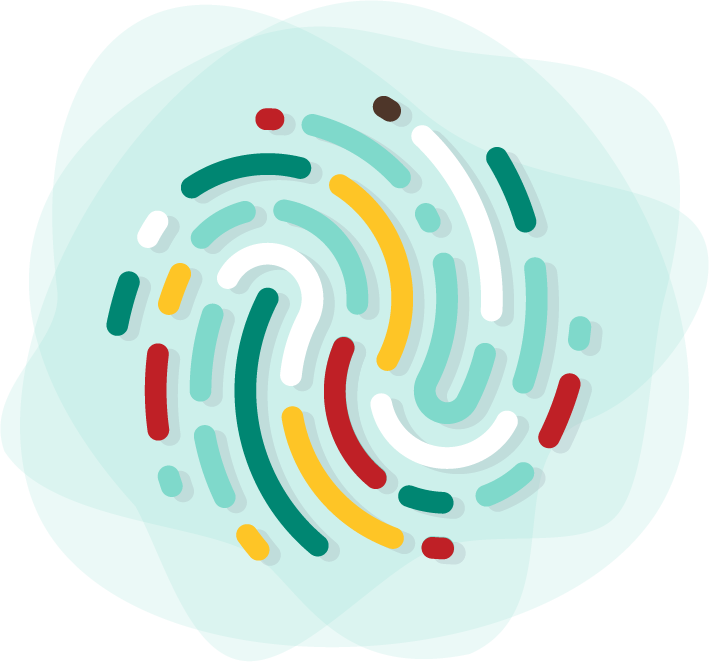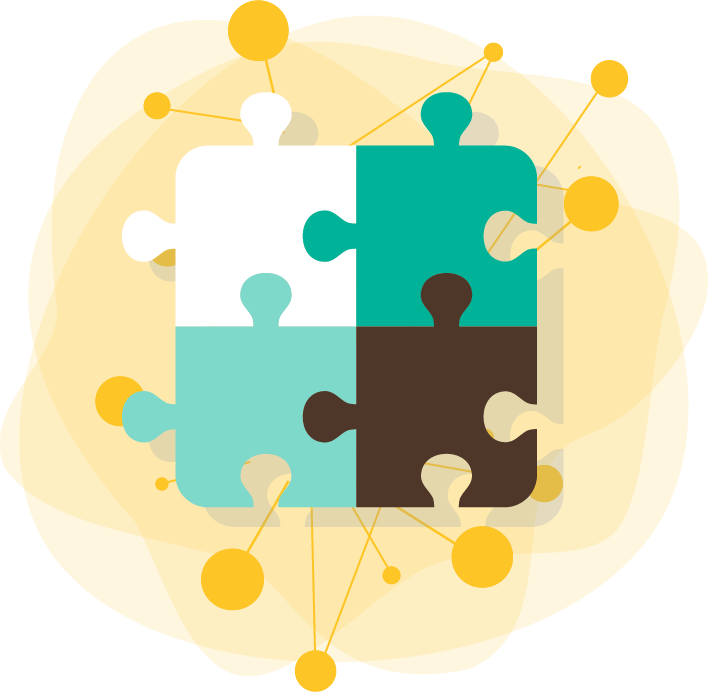The Open Curriculum enables you to craft a rigorous but personalized degree program that fits your interests, strengths and goals, while also encouraging exploration and challenge. This successful approach of encouraging you to become the architect of your own education has defined Brown's place in the landscape of higher education for more than 50 years.
The defining components of Brown’s Open Curriculum include:
- The flexibility to complete coursework in a variety of fields of study, without general core requirements
- A grading system without grade point averages or class rankings
- The option to take any course for a letter grade or satisfactory/no credit
- An invitation to “concentrate” rather than “major” in broad, interdisciplinary fields of study
Brown offers nearly 80 concentrations in a range of academic departments and interdisciplinary areas of study. You also may design an independent concentration or independent study for academic credit.

